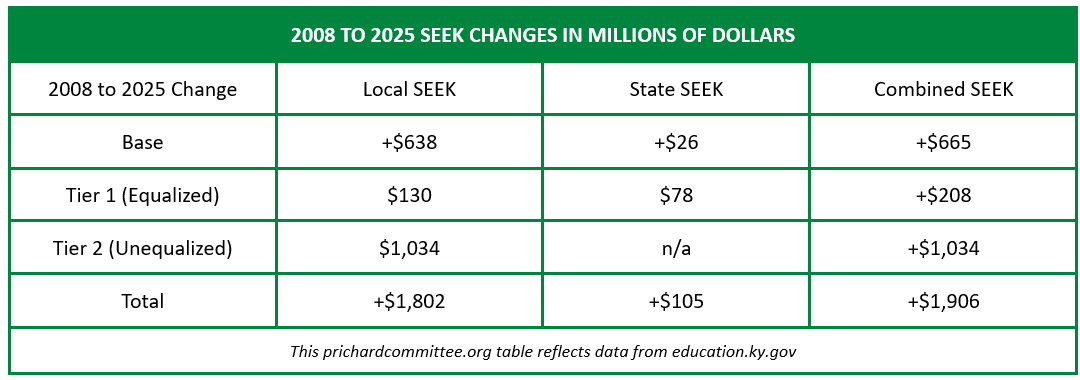This Charter School Q & A series took on the Kentucky questions we’ve heard repeatedly. In trying to answer those questions, we’ve surfaced some new questions, and I want to conclude the series by sharing those issues as a set:
- Accountability: How will charter schools with the weakest results in the state accountability system receive support and improvement help? The existing system again calls for a district superintendent and an elected board to be key agents of change. Charter schools will not have outside people with those titles, and there isn’t an obvious equivalent mechanism to take on those change agent roles. See also the xx post
- Admissions: Will students who move to the area after a charter school completes its annual admissions cycle still be admitted? First, will they be admitted if the school has open seats? Second, will be the admitted when the school does not have open seats (as they would be to the public schools run by their local school district)? See also the xx post
- Removals: How will Kentucky’s rules on suspensions, expulsions, and services work for charter schools? I’m taking it as settled that charter school students will get the protections those rules provide, but there’s a mechanical problem. In other public schools, disciplinary actions by principals under council policy move to a higher level when the biggest consequences apply. Superintendents and elected school boards provide fresh eyes and some worthwhile checks and balances. For charter school students, who will provide that additional set of checks and balances? See also the xx post
- Funding: What is clear and what will be contested in the new legal rules? After trying to apply those rules, I’m confident there are legal ambiguities that will matter, and I’m also confident that I haven’t spotted all of those points of uncertainty. Those issues can be talked through this year, next year, or the year after. They can be engaged with a lot of collaborative thought, a little, or none. They’ll ultimately be resolved by litigation or legislation, but some serious discussion now could help those outcomes be wiser and more workable for all the affected students and schools. See also the xx post.
Whlle the questions above are about laws, procedures, dollars, and topics already discussed in this series, I do want to add one more about the larger social environment from which Kentucky law now expects charter schools to emerge:
- Visionaries: the charter school approach is pitched as creating opportunities for novel approaches. So, who’s bringing the big ideas that will work differently for students and better for at least some of them? What are the concepts? Who are the people excited by them? Who is on fire to make them really happen? There has been an assumption that those folks will appear. If that’s going to happen, it should probably start happening soon.
I definitely don’t know what charter schools will turn out to be in Kentucky. We’re about to make a big investment in capacity to apply, authorize, contract, implement, and oversee these schools. To me, two main things are clear:
- The return we want on the investment is greater excellence with greater equity
- We can only hope to see that sort of return if Kentuckians put serious effort and thought into the charter process in the coming months and years.
Series Links:
Charter schools: taking on the questions (Introduction)
2. What student results are charter schools expected to deliver?
3. Which school laws do charter schools have to follow?
4. How can students be admitted to charter schools?
5. Who can authorize charter schools?
6. Who can apply to start a charter school?
7. How can charter schools be closed if they do not deliver?












